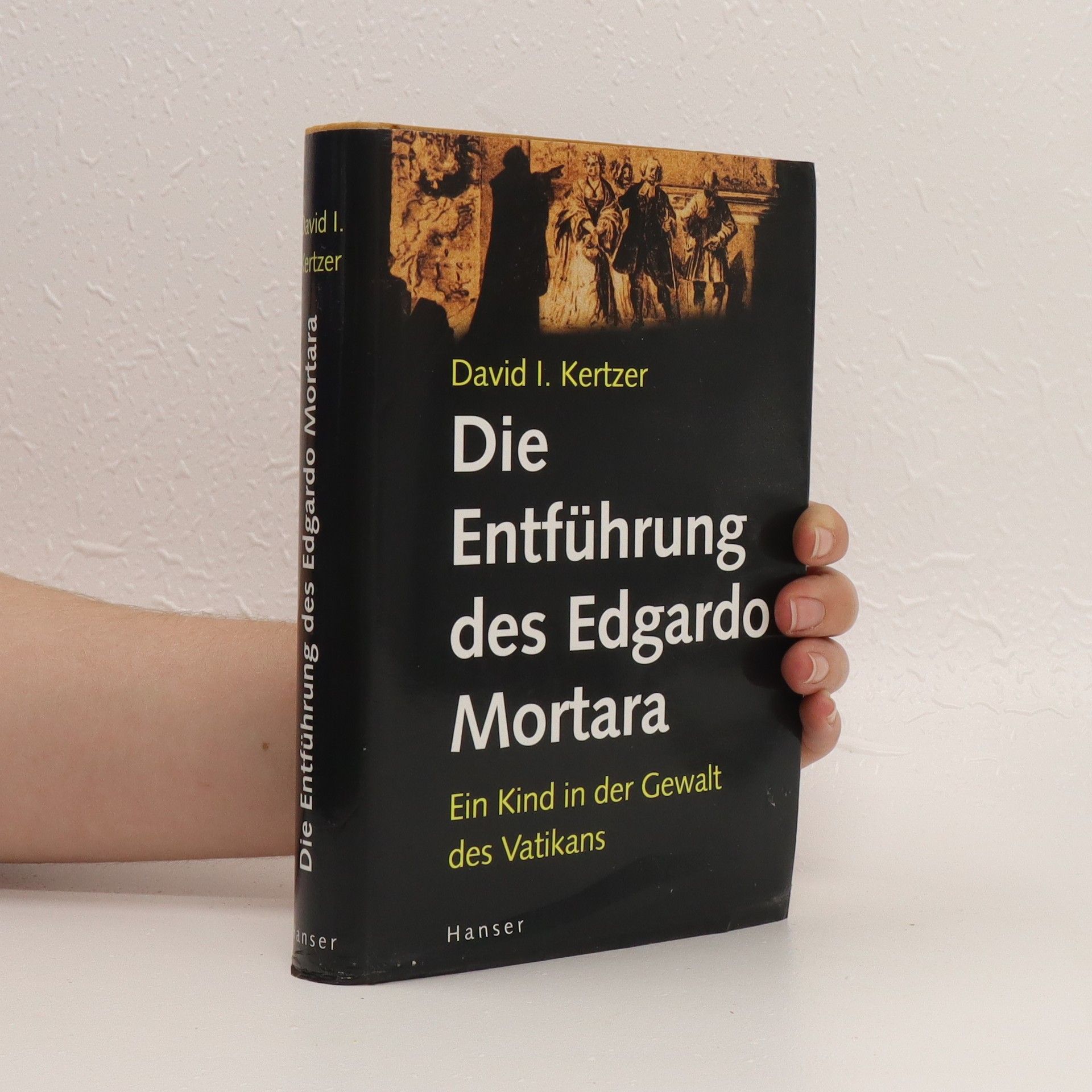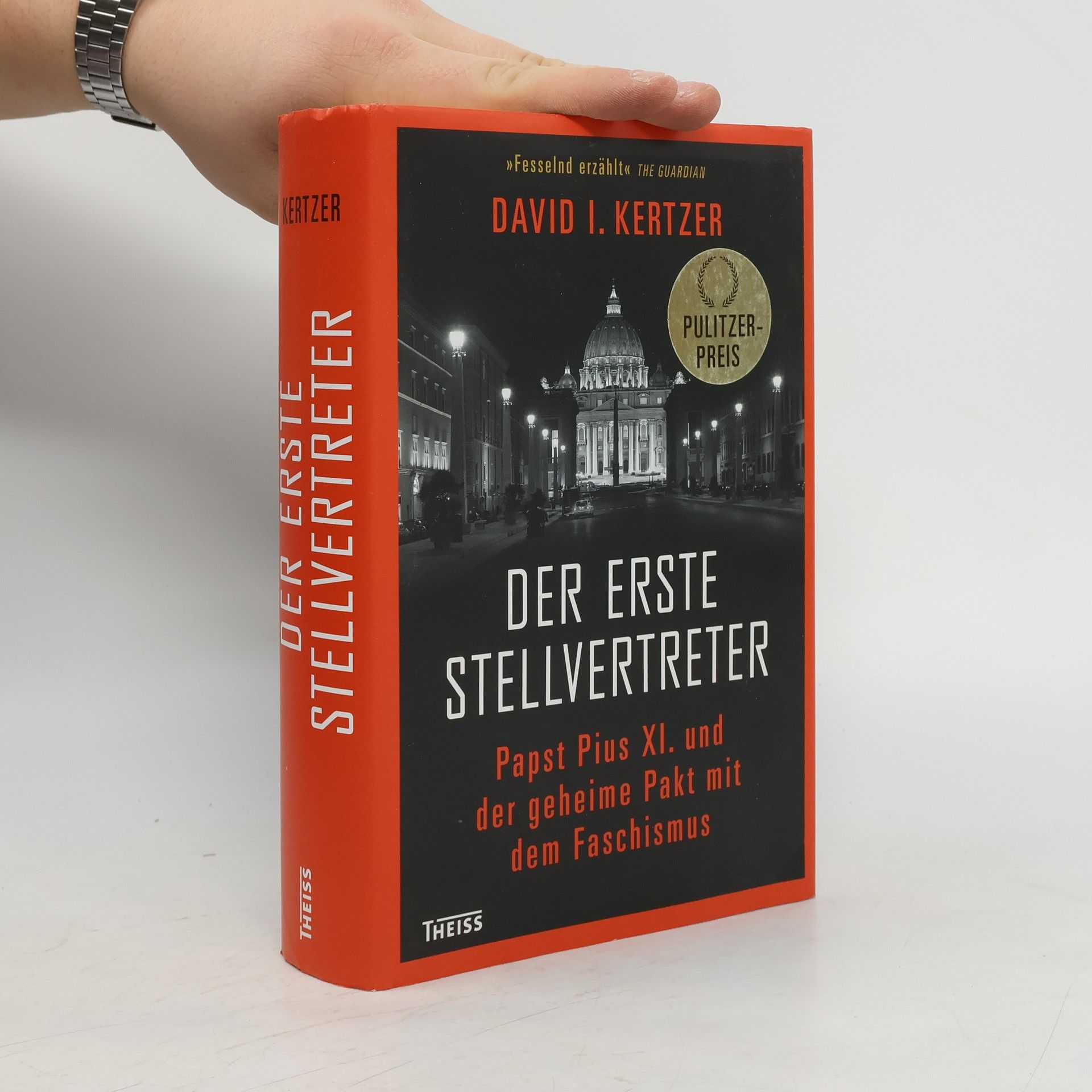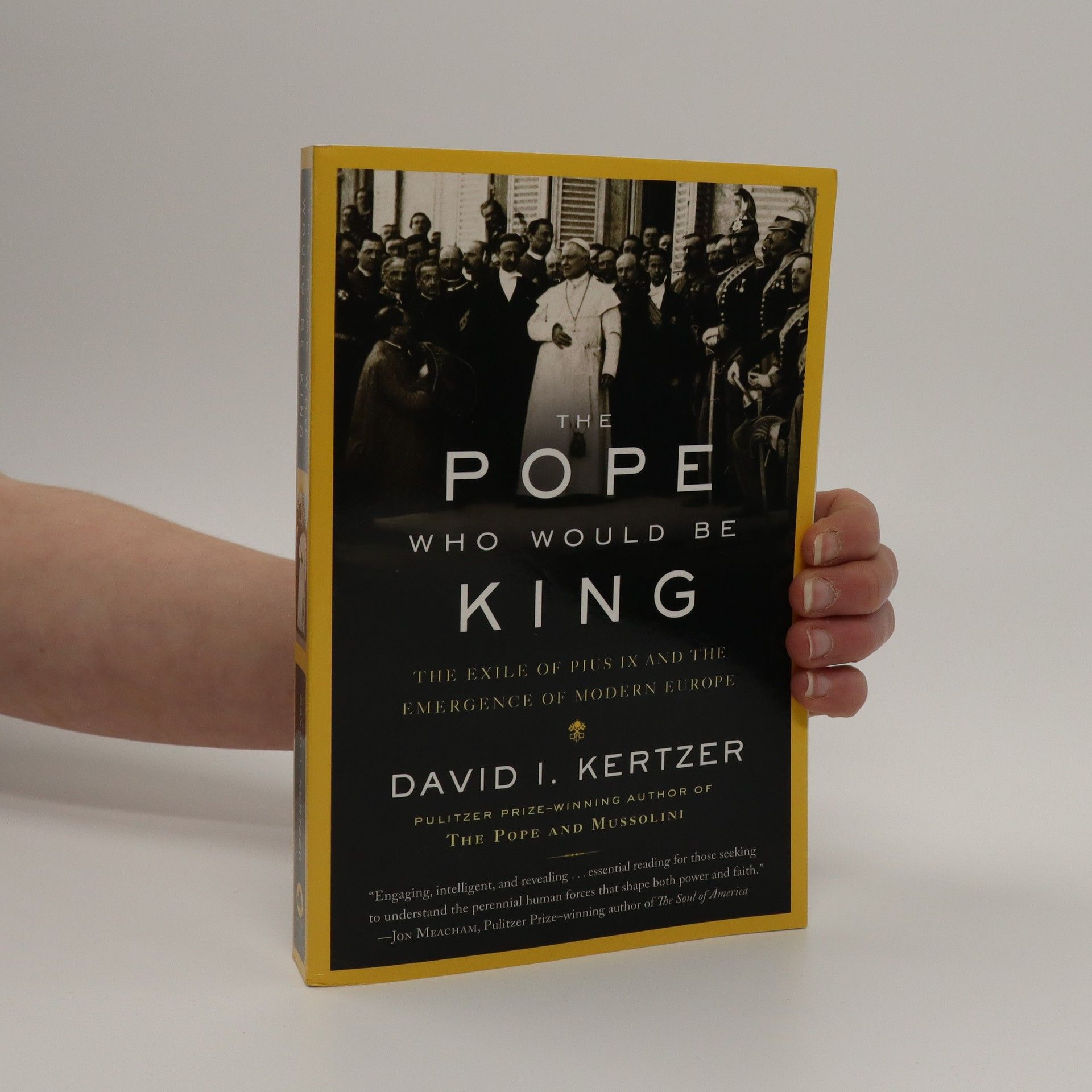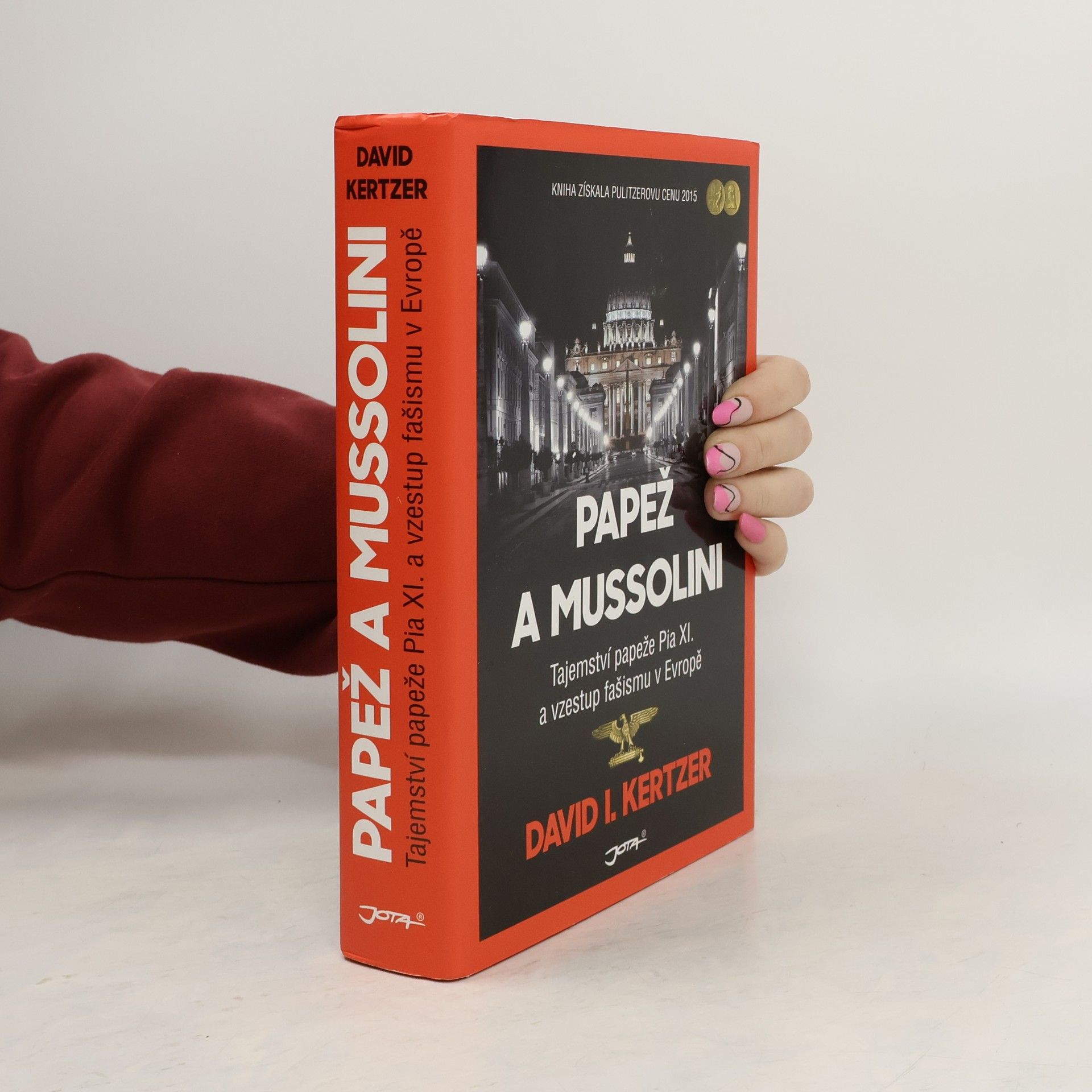Der erste Stellvertreter
Papst Pius XI. und der geheime Pakt mit dem Faschismus
Wie stand Papst Pius XI. zum Faschismus? Während sein Nachfolger, Papst Pius XII., öffentlich zum Holocaust schwieg, galt Pius XI. (1922-1939), lange Zeit als wahrer Stellvertreter Christi, der auf der Seite der verfolgten Juden stand und Hitler durch die Enzyklika ›Mit brennender Sorge‹ in seine Schranken verwies. In der packenden Geschichte über die Geheimbeziehungen des Vatikan zur faschistischen Führung wird deutlich, dass sich Mussolini und Pius XI. zwar hassten, sich aus Gründen des Machterhalts aber dennoch stützten. Der ungebildete, ungläubige Duce und der gottesfürchtige Kleriker schlossen einen verhängnisvollen Pakt. Erst mit Einführung der Rassengesetze 1938 und der immer größer werdenden Nähe zu Nazi-Deutschland dämmerte es Pius XI., mit wem er da paktiert hatte. Als er starb, konnte sein Nachfolger Eugenio Pacelli diesen Pakt fortsetzen. David Kertzers bahnbrechende Arbeit, die mit dem Pulitzer-Preis ausgezeichnet wurde, enthüllt das ganze Ausmaß der faschistischen Verstrickung.







